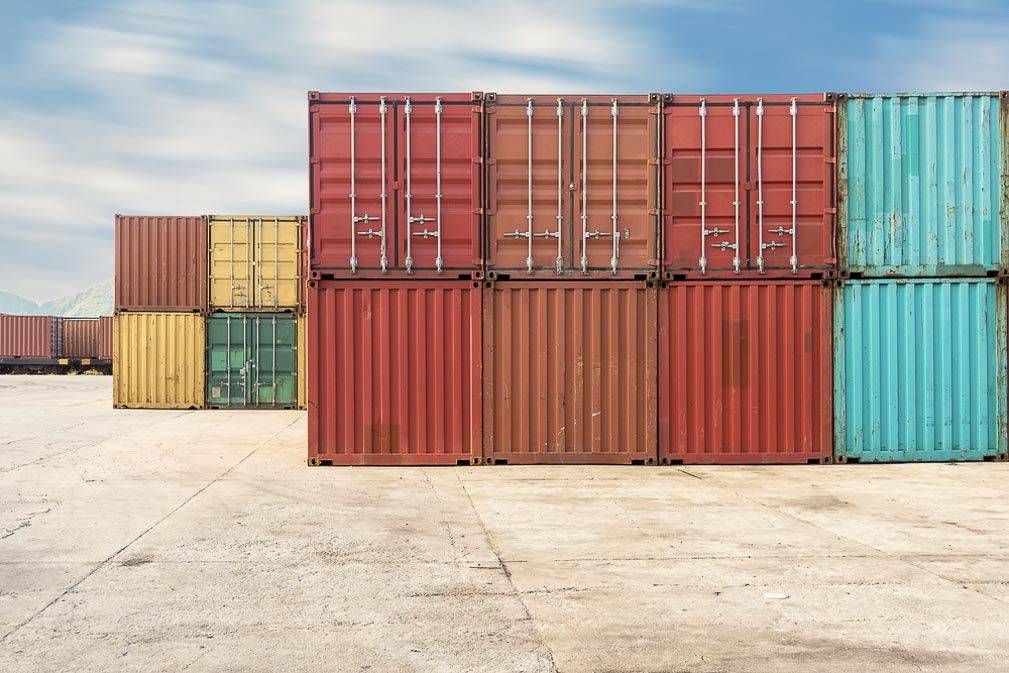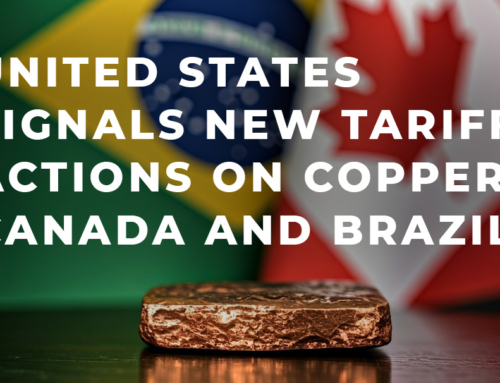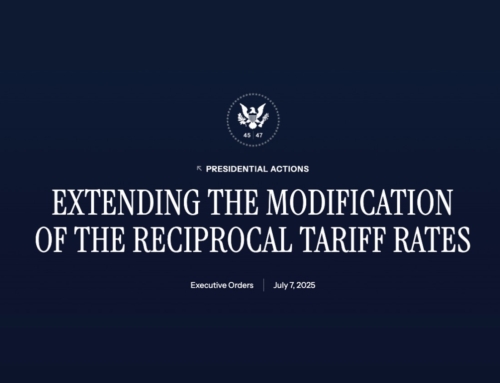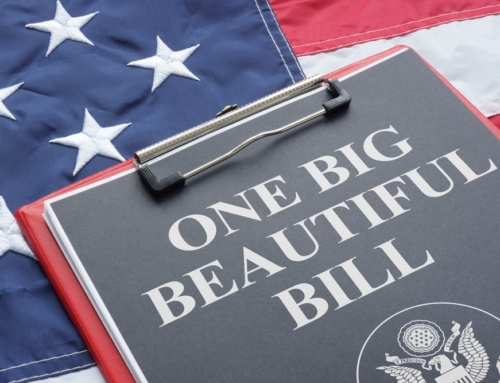As the first day of public hearings commenced, hundreds of U.S. companies gathered in Washington to testify for the U.S. Trade Representative’s Section 301 hearing regarding tariffs to be issued on $50 billion worth of import goods from China. Spanning over three days, large shippers and lobbying groups, such as General Electric Co., U.S. Steel Corp., National Retail Federation and Consumer Technology Association, will have a chance to voice opposition as well as supportive amendments to the pending legislature.
Supporters, primarily targets of intellectual property rights abuse and steel & aluminum dumping, are seeking retribution for years of damage to domestic industry. A large, U.S. solar panel manufacturer, for example, requested their commodity be added for punitive tariffs after hacking allowed low-cost Chinese competition to enter the market. After years of research and development, American companies are worried their technologies and ideas are under constant, considerable threat.
But opposition from U.S. manufacturing is strong with many consumer products being targeted. “Tariffs are hidden, regressive taxes that will be paid by U.S. businesses and consumers,” stated the U.S. Chamber of Commerce in its testimony prior to the hearing, “paradoxically harming U.S. competitiveness.” The proposed tariffs threaten 6.6 percent of U.S. trade with China, equivalent to $50 billion worth of Chinese imports. Increases in operational costs, for some industries, could mean layoffs to cover the additional duties or delaying significant investments.
As the hearing continues, the U.S. administration welcomes China’s top economic adviser, Vice Premier Liu He, May 15-19 to resume trade negotiations. As part of coordinated relief efforts, the President is working to lift U.S. Commerce Department sanctions from Chinese telecom provider, ZTE Corp., who is facing a 7-year ban from American technology purchases, in exchange for removing tariffs from U.S. soy exports. The Chinese government strongly opposes claims of intellectual property theft or the forced sharing of technologies.
Stay connected with us on Facebook, Twitter, and Linkedin as we continue to follow the story.






